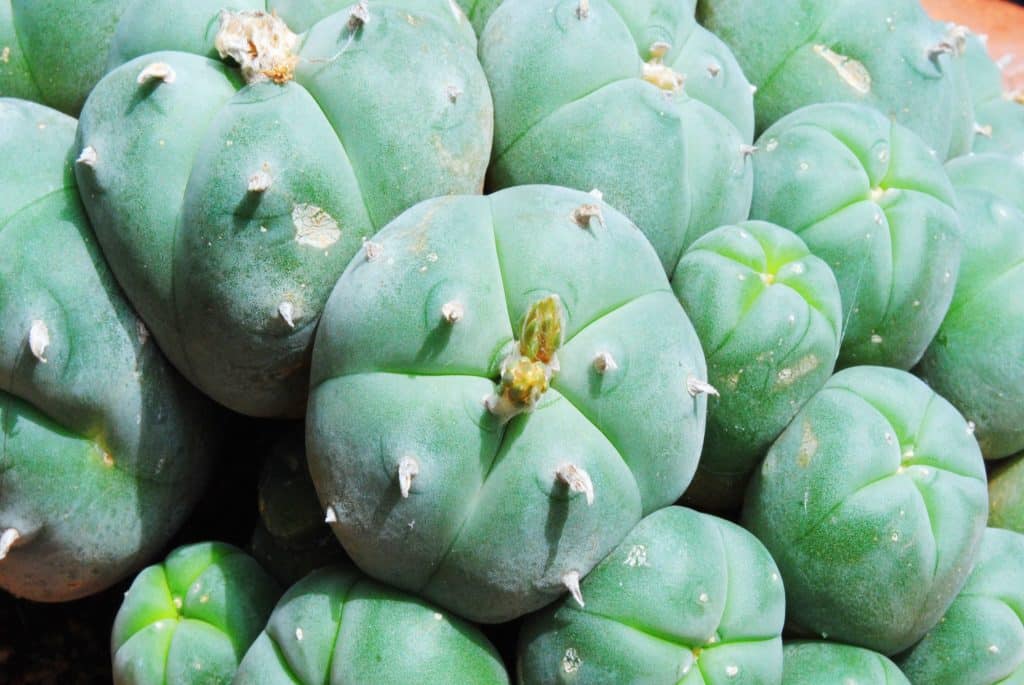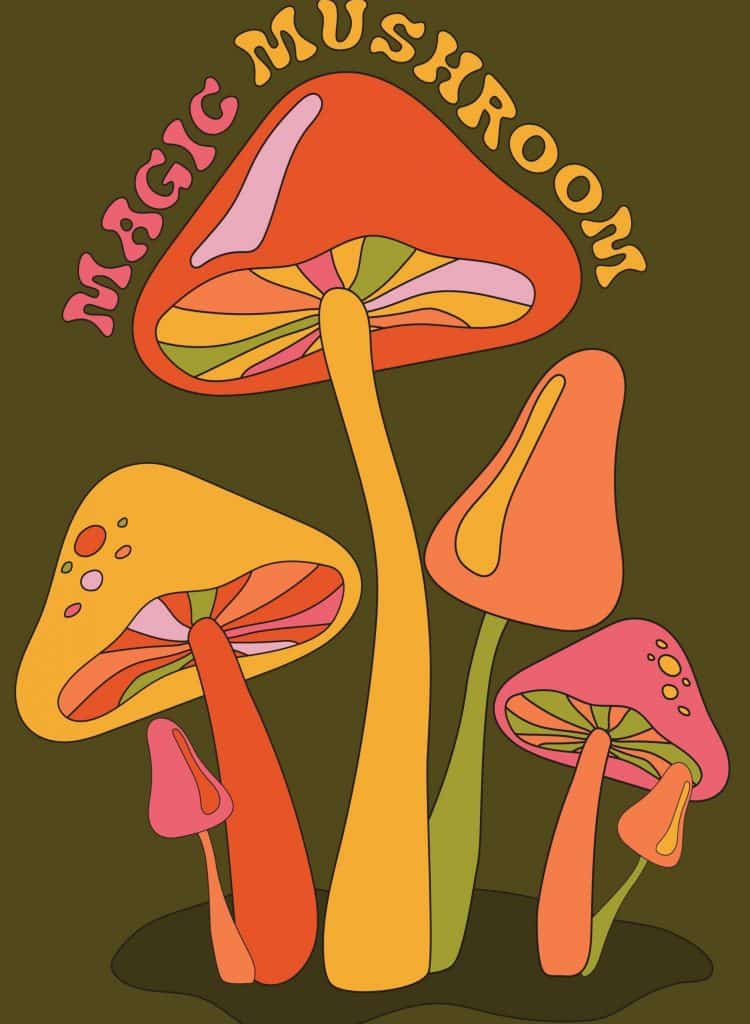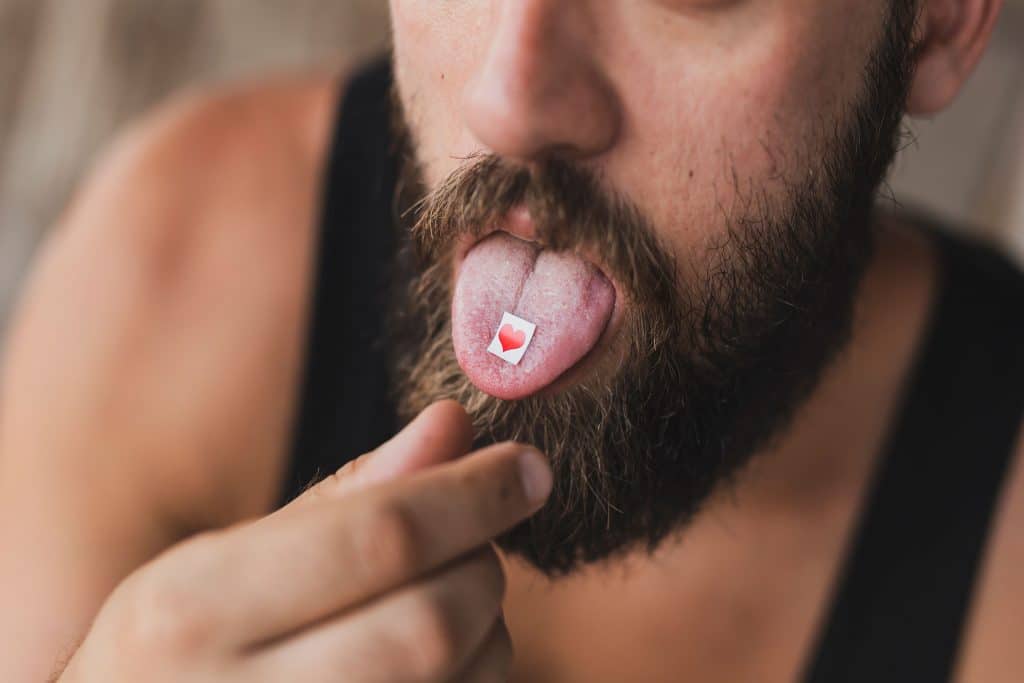The psychedelics industry is gearing up for a massive debut, and opinions on the compounds are changing for the better. How popular are psychedelics in America right now? New survey results show that these compounds are not unknown to the American public, and that close to 30% of respondents, have already tried them.
With the psychedelics boom underway, we now ask the question, just how popular are psychedelics in America? A recent survey has some interesting results on this matter. Welcome to out completely independent news publication focusing on cannabis and psychedelics reporting. We offer the Cannadelics Weekly Newsletter to provide regular updates for readers, along with some top notch deals on all kinds of products including smoking paraphernalia, edibles, and cannabinoid compounds like the uber popular Delta 8 THC, and HHC. Head to our ‘best of’ lists to check out offers, and make sure to only purchase the products you are fully comfortable using.
The psychedelics revolution
100 years ago psychedelics weren’t a thing yet, at least not in Western medicine. Though they’ve enjoyed a wide and long-ranging tenure in different cultural traditions, their use as a recreational or medicinal drug in today’s modern, Westernized world, was still far off 100 years ago. 50 Years ago, legislation to get rid of psychedelics from society in general, already went through. Yup, in just a 50 years period, drugs like LSD were discovered, found to have great therapeutic properties, and then were promptly illegalized, both by the US government, and the UN.
What started blossoming out as a beautiful answer to issues of mental health and addiction, was snuffed out in favor of the pharmaceutical antidepressant market, which was never effective, so long as you never listened to pharmaceutical reps, or paid-for research, which is a significantly bigger issue than most people realize. And it happened so fast, that most people never gained awareness of the benefits these compounds provide. In fact, psychedelics existed mainly as a black market for recreational purposes, and were roundly associated with hippies and the anti-war movement of the 1960’s.
So, it’s a major change in climate to go from scare-tactic videos showing people jumping out of windows (part of my DARE program in high school), to news articles blaring about how quickly drugs like magic mushrooms and ketamine help with treatment resistant depression. It’s even more eye-opening that Oregon passed legislation to legalize psilocybin mushrooms, and that Washington, California, Michigan, and Colorado are working toward legalizations as well. And lets certainly not forget that the US government actually did legalize a form of ketamine in 2019 (esketamine) for depression, though in a very quiet manner.

Beyond treatment resistant depression, psychedelics are being studied in earnest for their ability to help with addiction issues, pain management (particularly ketamine), obsessive-compulsive issues, and post-partum depression. In fact, ketamine is already being openly used for all of the above in a clinic system that allows its prescription, because of its place as an approved anesthetic.
With the line changing from ‘psychedelics are dangerous’ to ‘psychedelics are good for you’, it’s not that surprising that such compounds already have a relatively high use rate in a place like America. How high? Different surveys give different estimates, but one says that psychedelics are already so popular in America, that about 30% of the population has already tried them.
How popular are psychedelics in America – Latest survey
How popular are psychedelics in America right now? It’s hard to get concrete answers to questions like this because its hard to survey the entire country. Surveys take representative measurements – where a small portion of the population is questioned to represent a greater population, and they come with a lot of issues, particularly when samples are small, or not collected to reflect a greater population. Having said that, since polling every individual for opinion is not possible in a country the size of the US, surveys are about the best we have to go on.
A recent survey conducted by YouGov, a British internet-based data analytics and market research company, found that almost 30% of Americans already tried psychedelics at least once. Now, this survey has massive limitations. For one, only 1000 people were questioned, and though they were picked to represent the US, they unlikely did in a comprehensive way. It should be expected that this particular group is not representative of the US at large. Even so, when it comes to this topic, there’s not much to go on, so this is what we’ve got.
According to the report, the sample was weighted “According to gender, age, race, and education based on the 2018 American Community Survey, conducted by the U.S. Census Bureau, as well as news interest and 2020 Presidential vote (or non-vote).”
The survey, conducted between July 22-25 of this year, showed that of the seven psychedelics asked about (LSD, magic mushrooms/psilocybin, MDMA/ecstasy, DMT, mescaline/peyote, ketamine, and salvia), 28% of respondents had already tried at least one. Of those drugs, LSD was the most popular psychedelic in America according to this sample, with 14% of respondents having tried it. Second was psilocybin, which 13% had tried. MDMA was third with 9%, ketamine was done by 6%, DMT also by 6%, and salvia by 5%.

Though the survey has plenty of holes, it does show something for sure; that psychedelics are accepted and popular enough for a good chunk of this sample to already be familiar with them. Psychedelics are Schedule I controlled substances, with the exception of ketamine which has Schedule III approval as an anesthetic, and its half-brother esketamine which is also Schedule III for depression. It says a lot about how people see them, and the lessening fear associated with them, that so many in the survey had already done them.
What does other research say?
Obviously, its cool to see the results of the survey mentioned above, because it shows how popular psychedelics are in America, despite years of smear campaigns against them. But, how much can these results be generalized to all of America? Let’s take a look at other research done in the last decade on psychedelic use in the US.
One interesting study, which came out in 2013, called Over 30 million psychedelic users in the United States, looked to establish an “estimated lifetime prevalence of psychedelic use” by using data from the 2010 National Survey on Drug Use and Health (NSDUH), which sampled 57,873, 12 years and older. The study specifically looked at LSD, magic mushrooms, and mescaline, and found that as of 2010, there were over 30 million people who had used psychedelics in their lives. The greatest use category was for 30–34-year-olds.
In a study like this, whether results are liked or not, it should be remembered that all data is taken from other data sets which were not collected for the specific purposes of this study, and that study investigators had no way to control for confounding factors (a confounding factor is anything that can influence the outcome outside of what is being investigated). In the study, the authors state, “This study was exempt from review by our Regional Committee for Medical Research Ethics because all data are available in the public domain without any identification of personal information.”
Researchers were also specifically estimating, meaning they weren’t taking direct outcome numbers, but using direct outcome numbers to form estimate numbers via the online Survey Documentation Analysis, which comes from the Inter-university Consortium for Political and Social Research. Even with these limitations, being able to estimate that nearly 1/3 of Americans have tried psychedelics, certainly says a lot for their general prevalence.
Let’s look at just LSD now. According to a DrugPolicy report from 2017 using already collected 2014 survey data, in the age group of 12-17 year-olds, .3% of the collected 16,875 respondents were current LSD users. That percentage was also relevant to the group of 18-25 year-olds, for which there were 11,643 data points. In terms of actively using adults aged 26 and above, .1% of the total 33,750 sampled, were active users. Active use in this case means used within the last month. This is different from looking at surveys that establish whether someone has ever done a drug in their lifetime, which helps explain the lower numbers.

Another study also looked at just LSD. This study from ScienceDirect, entitled Trends in LSD use among US adults: 2015–2018, used a secondary analysis of National Survey on Drug Use and Health data from 2015–2018. This involved the use of data from 168,562 adults ages 18 and up, which means this study also only took from previous data compiled for different research projects, in which the investigators could not control for anything.
According to results, use of LSD rose 56.4% between the years of 2015 and 2018. It showed that usage for the age group 26-34years of age increased to 31.1% from 19.6%, and that for the age group 35-49, there was an increase to 8.82% from 2.73%. The oldest age group of 50 years and up also saw an increase in use to 2.66% from 1.83%.
Conclusion
How popular are psychedelics in the US? Popular enough that nearly 30% of a US sample have already tried them. Popular enough for their use to come full circle from their initial rise to popularity in the 60’s and 70’s, and popular enough for individual states to begin to legalize them. With legalizations in place, or on the way, it should be expected that these numbers will only rise in the future.
Hello and welcome readers! Thanks for taking time to join us at Cannadelics.com, a top offering for independent news covering the cannabis and psychedelics spaces. We offer daily updates on important stories, as well as the Cannadelics Weekly Newsletter, which is chock full of news and product offers, straight to your email. Sign up and make sure you’re always on top of important stories, with access to the best products out there!